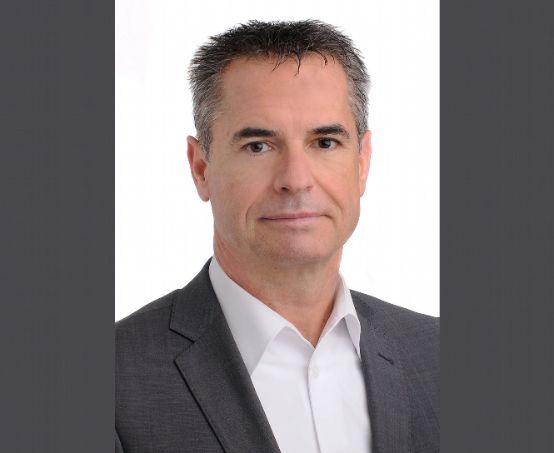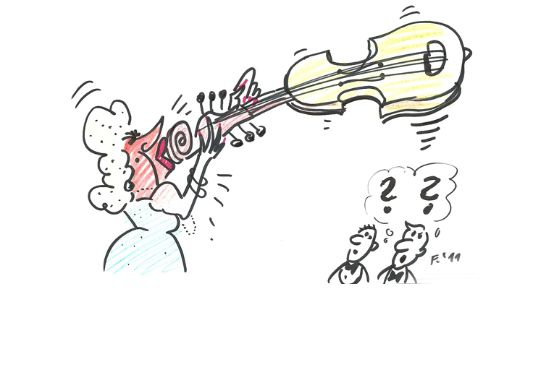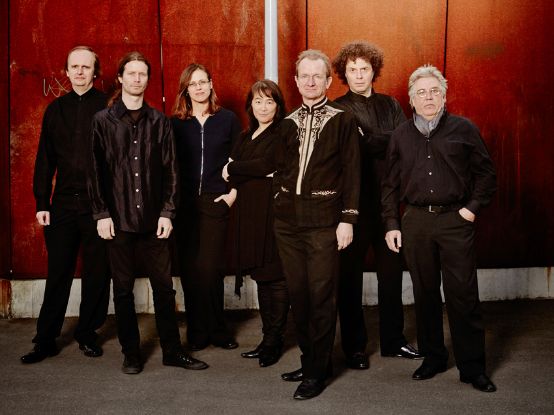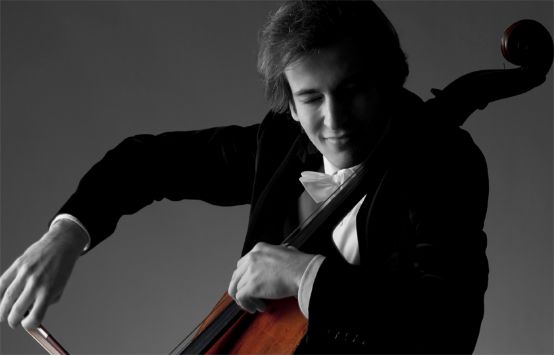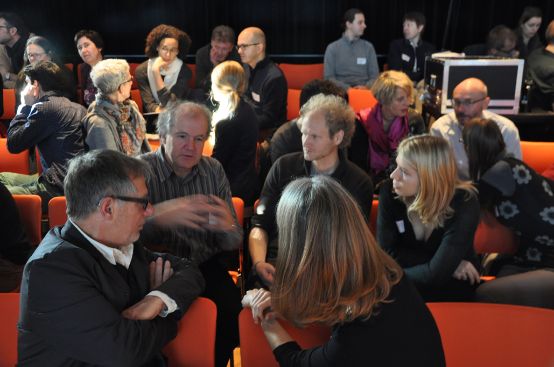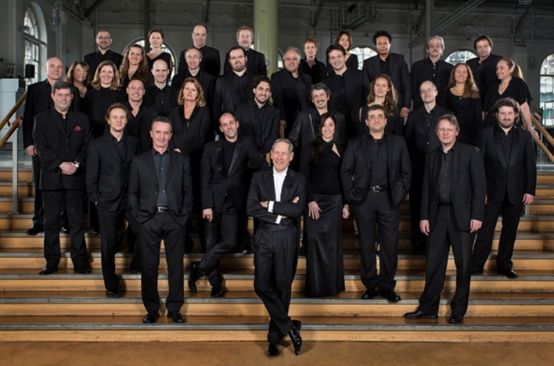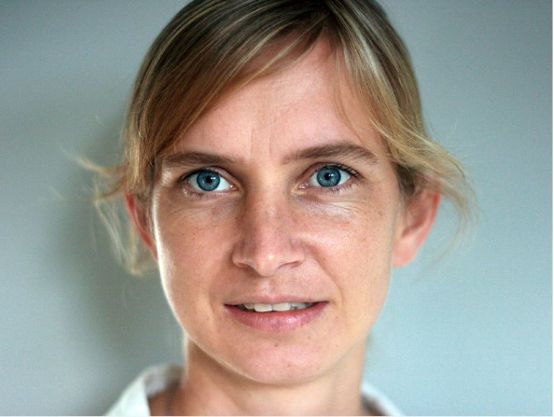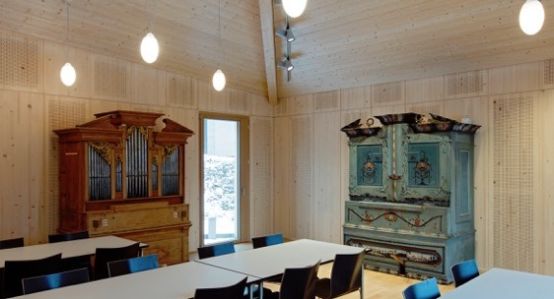Regula Stibi, Head of Continuing Education at the BUA, summed up the astonishing development of the postgraduate Masters: "Ten years ago, the term MAS meant as much as a Spanish vacation village." Today, CAS and MAS are common terms and have become almost indispensable for professional advancement.
On November 27, Felix Bamert, head of the degree program, together with senior assistant Christian Schütz, was delighted to welcome a large audience to an anniversary symposium with interesting input presentations and fourteen parallel workshops on a wide range of topics, most of which were led by former students.
Accordionist Bamert has been a lecturer in pedagogy and didactics at the HKB since 2001. In 2003 he became head of the Master of Arts in Music Pedagogy course and from 2004 he was responsible for the conception, development and management of the Master of Advanced Studies in Music Management. Bamert is also a board member of the Swiss Association of Music Schools (VMS).
Practical offer
In his welcoming address, Thomas Beck, Director of HKB, spoke of an "icy wind" on the continuing education market. It is remarkable, he said, that a degree course can survive for so long. For Beck, there are several good reasons for this milestone success: the MAS Music Management is more than just an economic product, it is a well-structured program that is geared towards everyday working life. The high-caliber lecturers and, above all, the cooperation with the Swiss Association of Music Schools are also decisive for the continued attractiveness of the course. The four-semester MAS comprises the four Certificates of Advanced Studies (CAS) Self-Management, Leadership, Concept and Project Design and Internships. The courses have been attended by a total of 151 students over the past ten years. A total of 38 Master's degrees were awarded on the basis of submitted theses and examinations. Three of the four CASs lead to the VMS School Leader Diploma. To date, the BUA has produced 103 trained music school directors.
Aspects of music management
The breadth of the symposium topics, ranging from individual musicians to music schools and the music market, gave an idea of the complexity of the course. As stated in the invitation, the organizers wanted to "highlight specific topics" and "show perspectives". As is always the case at such events, the exchange of ideas and networking were not insignificant components.
In his presentation, ethnologist and sociologist Johannes Rühl introduced the audience to the Alpentöne festival in Uri, which he has been running since 2008. He explained the success of this innovative event as an example of a successful music management project. Rühl made it clear that success cannot be planned, but with the right ingredients such as a coherent concept, an excellent program, excellent artists and credible communication, a regular audience can be built up.
The strong connection between the MAS program and music schools was expressed in the presentation by VMS President Christine Bouvard Marty. Bouvard assumes that musical education has a "dual educational mission": the introduction to music-making and the passing on of musical memory. These tasks must always be implemented in relation to society. The change from an "alternative to a simultaneous society" has had a major impact on education. In today's "confetti society", in which everything has to happen at the same time, student-centered concepts should be strived for. The intrinsic qualities of musical education are also a model for the demands of professional life: self-management, communication, teamwork, interaction, problem-solving, combining analysis and intuition - all qualities that are trained in an exemplary manner when making music.
Elisa Bortoluzzi Dubach, lecturer in sponsorship and foundations and author of the highly acclaimed book "Mäzeninnen", gave a successful overview of female patronage. She succeeded in giving the female aspect of the topic a profile and at the same time outlining a fascinating piece of cultural history. The topicality of the subject of patronage against the backdrop of increasingly scarce public funding for culture may have given some listeners food for thought.
May this training program continue to be successful in the years to come.
www.hkb.bfh.ch/musik-management
